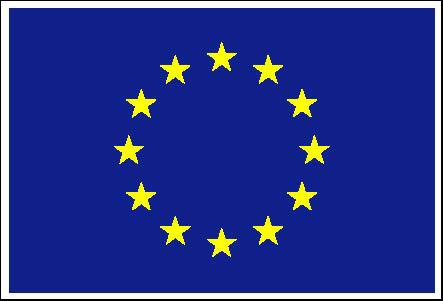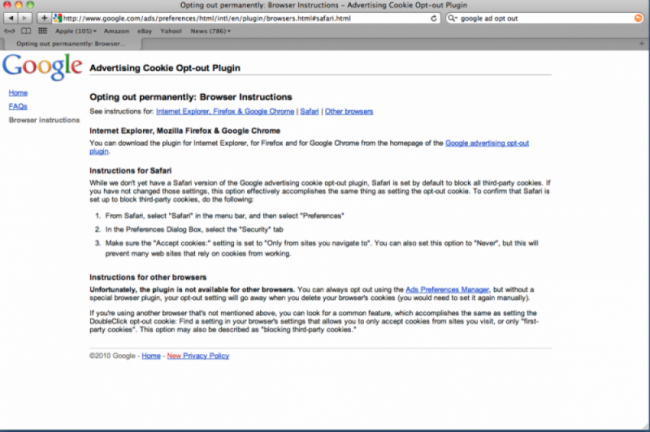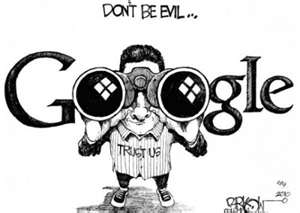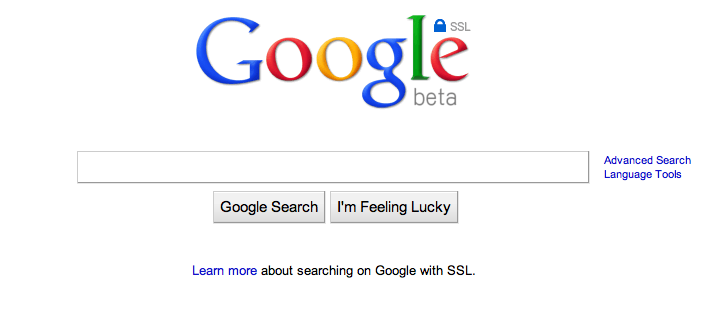The Consumer Watchdog advocacy group today asked the Federal Trade Commission to investigate whether Google violated a previous privacy agreement with the FTC by tracking cookies in a way that circumvents default privacy settings in Apple’s Safari browser.
News Clipping
Google Hit With FTC Complaint, Says Circumventing Safari Privacy Features Accidental










